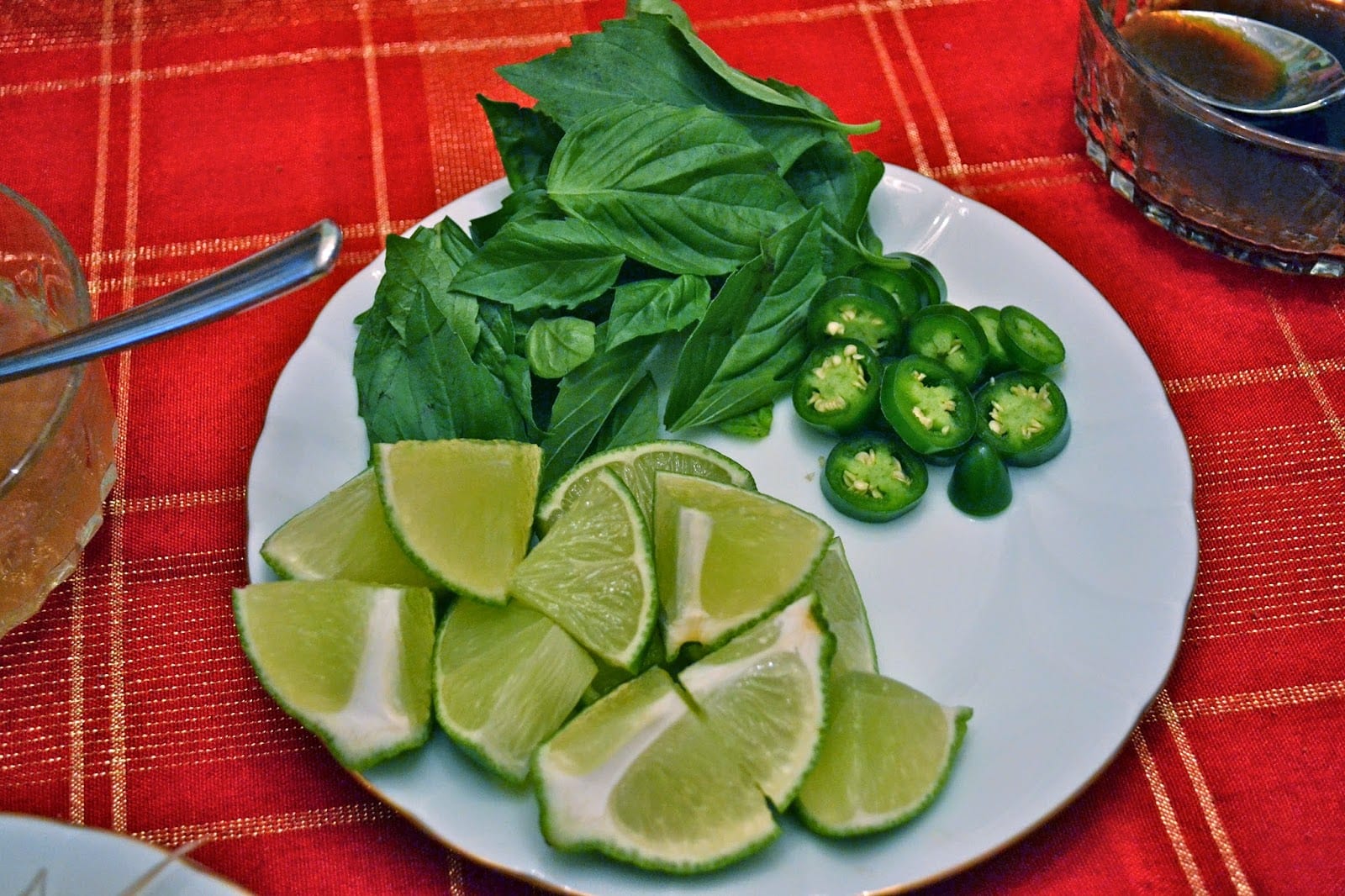On Wednesday, Bubba and I will celebrate twenty years of marriage. Twenty. And, no, I’m not old enough to have been married that long, and neither is he, but we somehow managed to jump the space-time continuum and make it so, anyway.
The past year has been one of the best years of my marriage, for certain, and as much as it pains me to say so, I think it’s because it has been one of the most challenging years of my parenting life. Not despite, because.
The first six years we were married, we worked full-time, Monday through Friday jobs and spent our weekends eating out with friends, going to the movies, taking urban hikes and sleeping late. We spoiled our cats, traveled domestically and internationally and drove his parents crazy as we remained childless. One day, all of a sudden, I wanted to be a mom. I never had before and, in fact, had been quite vocal about my desire to never raise children. (Turns out Bubba never really believed that bluster, but he wisely kept his mouth shut and didn’t challenge me or tell me how much he wanted kids.)
So one day, I woke up and said to him, in a hushed, rather quavery sort of voice, “I think I want to have a baby.” I couldn’t look him in the eye. I whispered it to him as his head lie nestled into his pillow, so close that if he had turned to look at me, my nose would certainly have lodged itself in his ear. He kept very still and said, “Cool. Me too.”
So here we are fourteen years later with one teenage daughter and another one on the cusp of teenagerhood. In those years Bubba and I have grown together and apart, shifted the responsibilities of the household and our lives to accommodate each other and our girls as much as possible without blowing completely to pieces, and at times it has felt fragile. We don’t fight, but we have disagreed on some vital issues from time to time and on at least one occasion I insisted we go see a counselor in order to find common ground. I have never stopped loving him, but there were times when I wasn’t particularly convinced that I could see forward to a time where I would ever be madly in love with him again. Part of that was due to simple fatigue (especially in the early infant and toddler years), other times I felt resentment when I saw his life as dynamic and mine as stagnant, and through certain periods it has been due to an absolute inability to see anything beyond the absolute frenzy of activity filling up day after day after week after month ahead.
But today, two days before we celebrate twenty years of marriage (and nearly twenty-four together), I find myself completely, madly, head-over-heels for this man. And I’m certain it is because of the turmoil and challenges we have faced with our girls in the past year. They are growing up, asserting themselves, doing their level best to find holes in our armor through which to poke sharp objects. They are doing everything they are supposed to be doing at this stage of their lives – testing limits and pushing back and exploiting loopholes and screaming, “INDEPENDENCE OR DEATH!” and it is hard. It hurts your feelings. It makes you question everything you thought you knew. It is ego-bruising, teeth-grinding, upside-down-in-a-hurricane, soul-defeating hard. There are bright spots in all of it, don’t get me wrong, but they mostly feel like opportunities to fill your canteen in anticipation of the next onslaught. Bubba and I are flying blind here, not ever having found a manual for how to parent two such completely different children making their way through this life full of technology and stimulation and choices and emotion.
But we’re doing it together. And even when he is traveling for work, gone for days on end, he never fails to call or text us to check in. He never minimizes the challenges and he always reminds me that I’m a good mom. He lets me know that he is struggling, too, and he works really hard to stay engaged, asking the details of the last basketball game or pop quiz. He just returned from a week-long trip to Mexico with Eve and the rest of her classmates (14-year old girls, all) as a chaperone – a hot, exhausting, Spanish immersion trip where he was pleased as punch to get to know Eve’s friends. He is my rock, but just as importantly, he lets me know that I am his. On any given day, we might spend half an hour texting each other to talk about every subject from the most mundane to the most painful, it’s all on the table, and it’s all important. This period of parenting has reminded me that what we have is a partnership built on mutual respect and trust. That Bubba remains vulnerable and honest about his own challenges while simultaneously supporting and affirming my strengths is huge. The fact that he can acknowledge my weaknesses without accusing or demeaning and step in to shore things up where necessary is just as amazing.
I remember thinking that after six years of marriage, I knew Bubba inside and out. I remember thinking that there was nothing that would surprise me about him. And then one day, when Eve was a toddler, he used a washable marker to draw this crazy face on the top of her foot. I had never seen him draw anything before and it was really good. I was surprised. Over the years, I have been surprised again and again as I watch him parent our girls with careful patience, humor, creativity, and so much love that my heart bursts wide open. I know now that twenty years is only the tip of the iceberg. There is so much more to know and love about this man. And I am so lucky to have found him.








